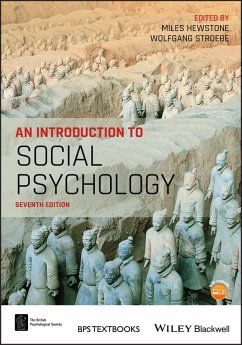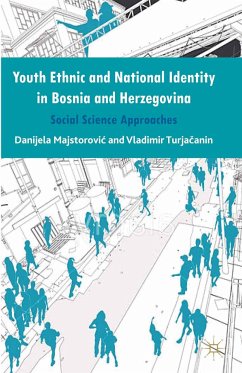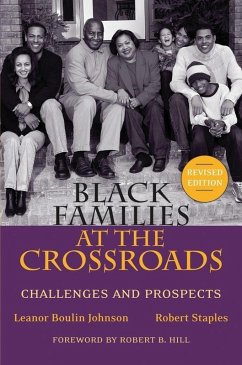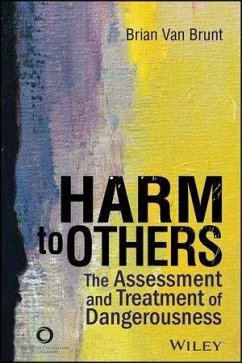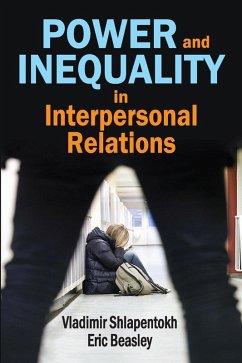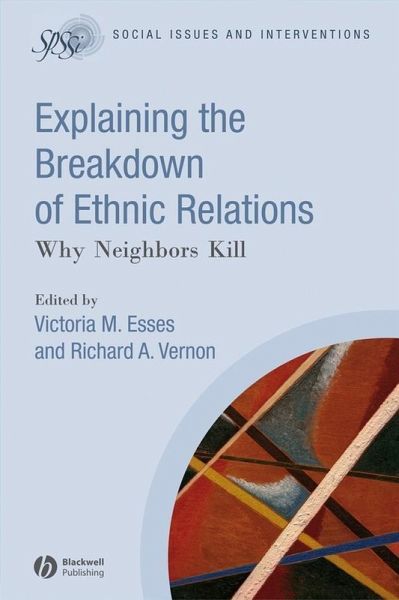
Explaining the Breakdown of Ethnic Relations (eBook, PDF)
Why Neighbors Kill
Redaktion: Esses, Victoria M.; Vernon, Richard A.
Versandkostenfrei!
Sofort per Download lieferbar
45,99 €
inkl. MwSt.
Weitere Ausgaben:

PAYBACK Punkte
0 °P sammeln!
Written by an international team of renowned scholars, this volume addresses the multitude of factors that may lead to the deadly breakdown of ethnic relations. The book * Draws on real-world case studies, such as Rwanda, Sudan, and the Second Palestinian Intifada * Brings together original contributions and theoretical perspectives by a team of experts in psychology and related disciplines such as sociology and political science * Identifies events and processes that can break down inhibitions against violence, and lead to mass killings and genocide * Examines explanations that must be consid...
Written by an international team of renowned scholars, this volume addresses the multitude of factors that may lead to the deadly breakdown of ethnic relations. The book * Draws on real-world case studies, such as Rwanda, Sudan, and the Second Palestinian Intifada * Brings together original contributions and theoretical perspectives by a team of experts in psychology and related disciplines such as sociology and political science * Identifies events and processes that can break down inhibitions against violence, and lead to mass killings and genocide * Examines explanations that must be considered in making sense of past acts, and offers suggestions for interventions to prevent future repetitions
Dieser Download kann aus rechtlichen Gründen nur mit Rechnungsadresse in A, B, BG, CY, CZ, D, DK, EW, E, FIN, F, GR, HR, H, IRL, I, LT, L, LR, M, NL, PL, P, R, S, SLO, SK ausgeliefert werden.





